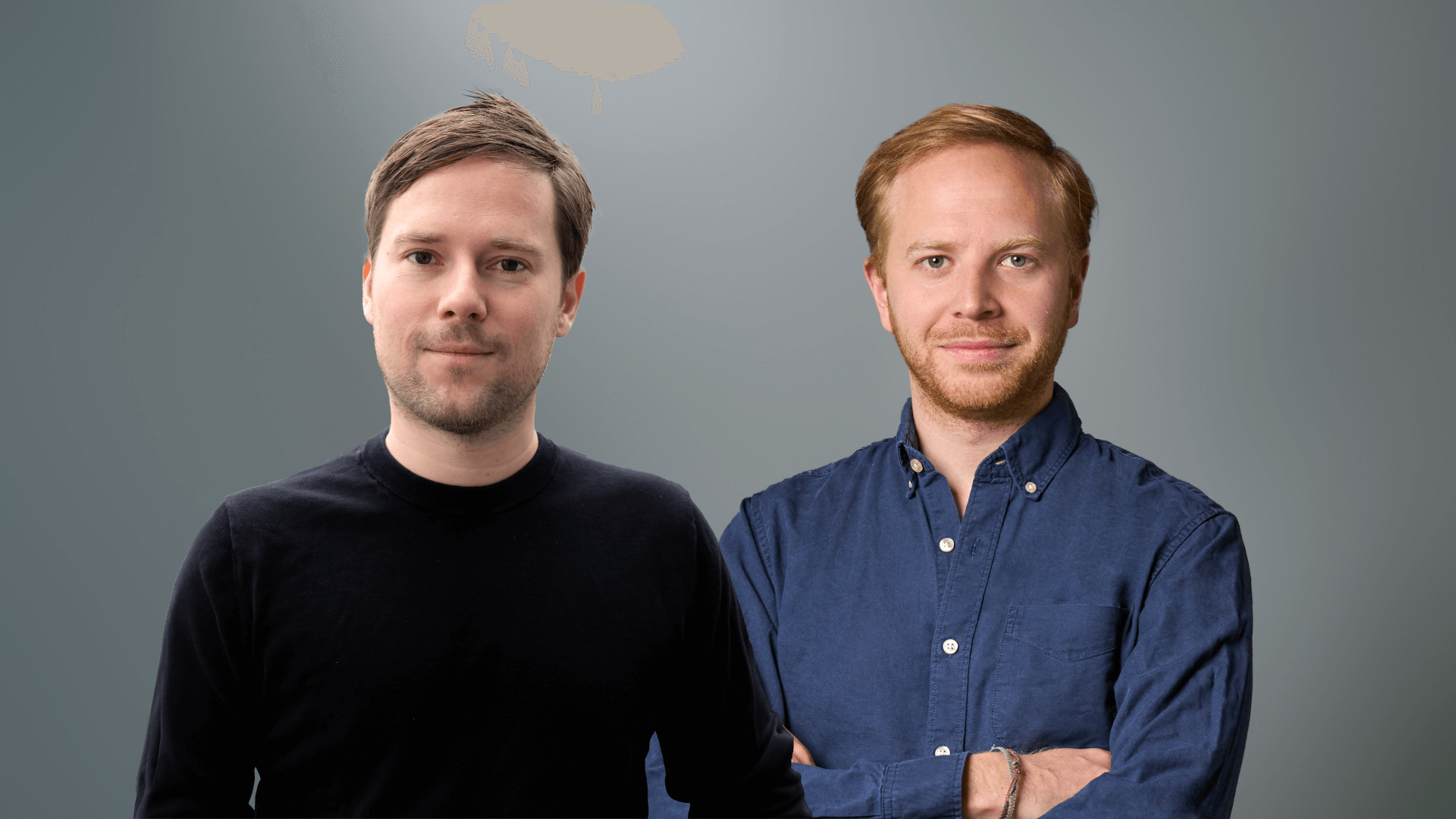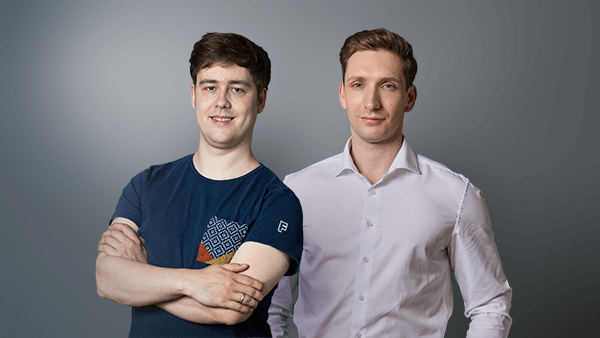A conversation about concluding an exit during the coronavirus crisis and why it’s crucial for start-ups to adopt professional standards from an early stage
Dennis Schmoltzi, Founder & CEO of Emma, and Tanja Emmerling, a partner at HTGF, talk about why it’s important to have a good network in the start-up ecosystem and about how to achieve a successful exit during a global economic crisis.
Tanja, Dennis – The topic of our discussion today is very much a success story, wouldn’t you agree?
Tanja: Absolutely – although at the start it may not have seemed that way at all. A high-tech investor investing in a mattress start-up? And now we’re selling the business during one the biggest economic crises we have seen.
How did you meet in the first place?
Dennis: When looking for investors, we realized just how hard it is to find one that shares our mindset. After all, most investors are focused on creating a unicorn as quickly as possible – everything else is just ignored. But we didn’t want to simply buy reach without making a profit and then hope that some day our business really would take off despite the losses racking up. Our goal from the get go was profitable growth – and fortunately that goal was also shared by HTGF. But that’s not all: HTGF understood our approach and what the company is all about. They talked to us a lot as founders and gave us access to other investors through their broad network – all of these factors helped make up our minds.
Tanja: The CEO of one of our successful portfolio companies, Mister Spex, was the person who introduced us to Dennis. This shows yet again just how valuable good networks are. Good founders often know other successful founders and can prove to be valuable contacts, including on a technical level. While you might not immediately think a mattress start-up would fit into our portfolio, it was good that we looked beyond the platform at the company’s technology and market approach and met the founders. That is yet more proof of the mutual benefits that our network provides.
Tanja, what was it about Emma that won you over in the end?
Tanja: The team of founders – which is always the most important factor when deciding on a potential investment. The set-up in terms of expertise and execution was simply fantastic and it had the right vibe. Both of them truly believed in the business and invested everything in their stakes. Despite this, they remained flexible, continued to evolve their model and were even prepared to pivot when the direction they had chosen stopped working – they moved away from providing digital consulting services and selling products made by other companies and instead built up their own brand and products. Right from the start, it wasn’t about “lots of money equals lots of reach”, but about rigorously pursuing profitable, efficient growth. And ultimately that paid off.
Dennis: We’d already been running the business exclusively using our own money for two years and wanted to put in place a solid business model that would work by itself. That’s something HTGF helped us with.
How?
Dennis: By helping us to adopt professional standards. I remember Tanja telling us we needed to start getting our financial statements audited as otherwise it could cause problems further down the line during the exit phase. And at the time we thought that we didn’t need to as we were so small. But then we started to do so in 2015, and now look what’s happened – that was hugely important in the deal agreed with Haniel.
Tanja: As one of HTGF’s fund investors, Haniel is no stranger to the start-up ecosystem. I’m therefore really pleased to see the network effects we have here. When big companies and start-ups come together, there’s often a risk that this will lead to a culture clash of sorts. And this is something that can hinder successful collaboration, for example if the larger company feels it needs to sort things out and introduce its own standards. That’s why having the professional standards that Dennis touched on just before is so important. Especially for a start-up like Emma that has grown so rapidly in just seven years, with 22 active stores and 350 employees – that’s only possible when both founders and investors know how to position a company for growth from day one.
Dennis: I couldn’t agree more. Otherwise you wouldn’t be able to achieve the level of equal footing that we have in the deal just reached with Haniel. And that’s extremely important to us, so we can continue to engage with investors as partners.
Now that you’re going separate ways after many years of working closely together – will you remain in regular contact with each other?
Dennis: Yes, I’m almost certain we will. The ecosystem we’re in is based on constant give and take and a lot of communication. And that’s always important, regardless of the business ties you may or may not have.
Tanja: My major goal is for our former founders to one day come back to HTGF as fund investors! So Dennis, I’m sure I’ll be popping round with a pitch deck at some point in the future.
Thank you for your time, Dennis and Tanja!


